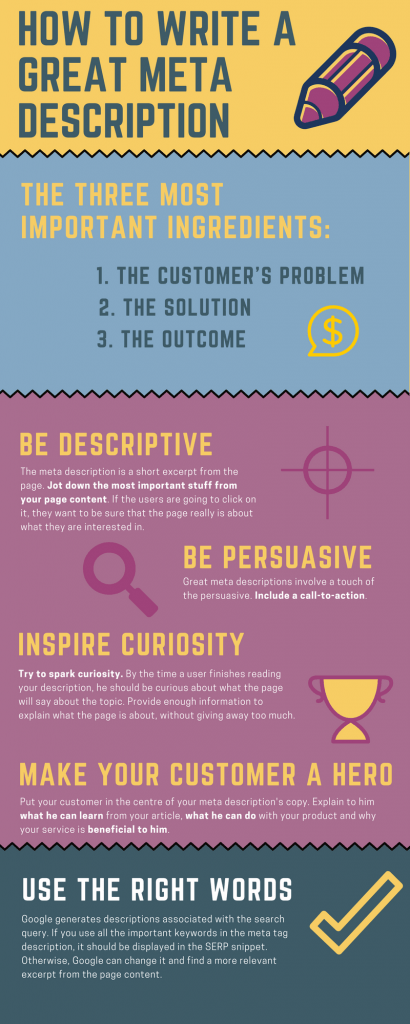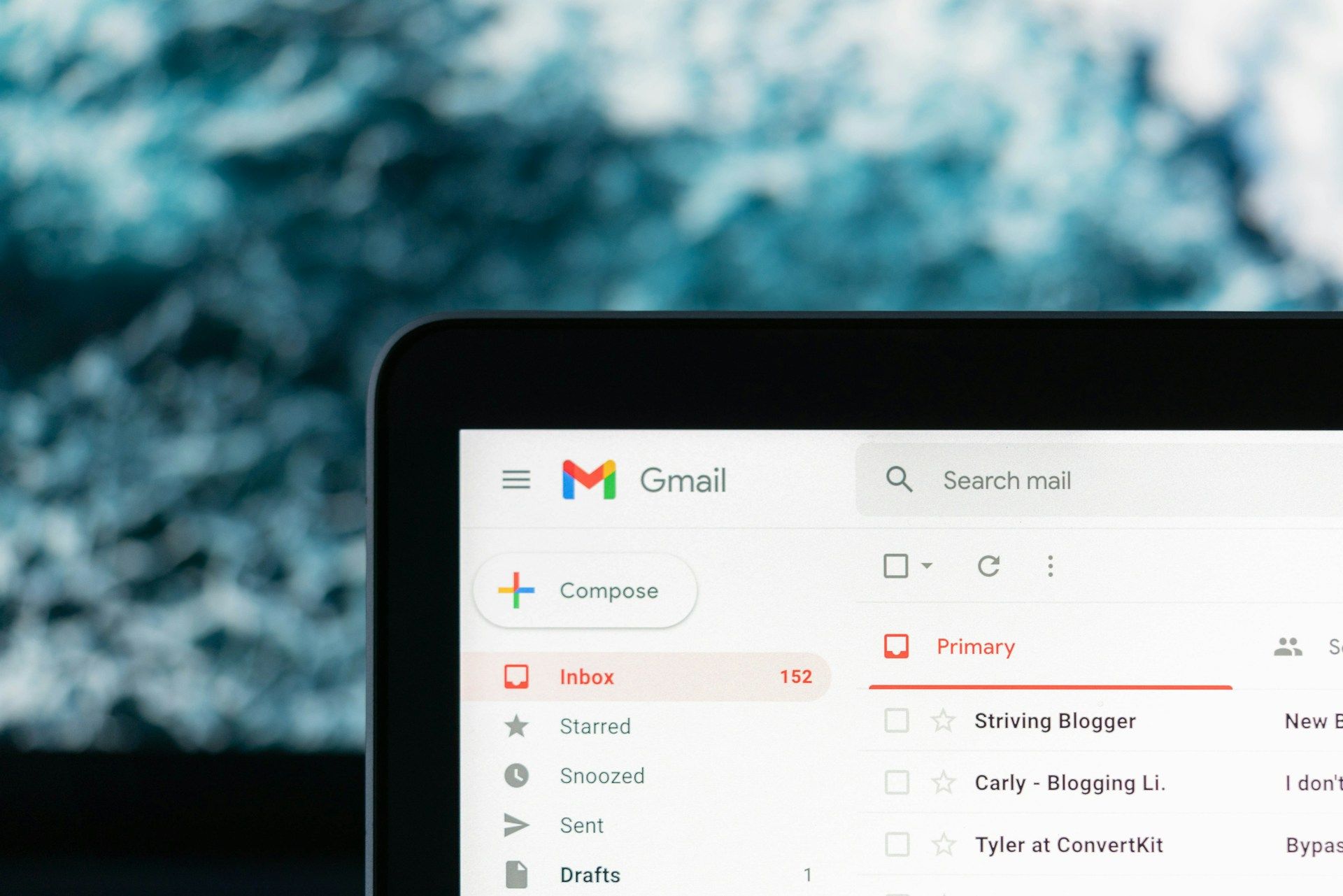Meta Description: Still Important or Nah?

Before I tackle this topic in detail, let’s discuss what a meta description is and its actual purpose. There seems to be a lot of “old world” type thinking going on by supposed “new age” SEO’s, which leads to confusion and understanding of a pretty straight-forward topic.
What is a Meta Description?
A meta description is an html attribute used to summarize the content of web pages. Boom. The noob version is, “that blurb of ~160 words in Google that tells what the site is about”. Like this:

That’s all a meta description is. Most SEO’s today have no clue how to add the html due to the rise of CMS’s like WordPress. I can honestly say that I’ve never needed to add it in the code, not once. WordPress Plugins like Yoast SEO or All in One SEO streamline the process and make it almost too easy. It’s easy to forget that the pioneers of Search had to access the code and MANUALLY insert a description of their site, all while they pull covered wagons across the plains. But were their sacrifices in vain? Do meta descriptions really matter anymore?
Google is Getting Smarter
When a page gets indexed in Google (or any other major search engine), it crawls, or scans, your content. This includes the actual text, code, media, everything it can. From this it can usually figure out the aim of the page. It also takes context into consideration- inbound/outbound backlinks in the text, titles, your meta description, from which it tries to form an understanding of what is presented. Google will have this basic understanding of your page, whether or not you decide to insert a meta description.
But Not Thaaaat Smart
Let’s not pretend that Google was the subject of the Nicene Creed here. Everything and nothing? Incomprehensible? For example, how many times have you gotten the wrong page to rank for a specific keyword? You have your content optimized, long-form and descriptive, but the wrong page shows up in a search. We’ve probably all experienced that at some point. How about when you’re searching for a specific subject that should be easy for it to decipher but shows no relevant listings? In short, Google has come a long way, but there’s still a long way to go. At times, you need to spoon-feed the search giant in order to appease the baser instincts of the algorithm. Now let’s discuss when to use meta descriptions and when to “ex-nay on the upid-stay”.
Here’s when Meta Descriptions are NOT important
An understanding of Google’s end goal for users is key to knowing how to use meta descriptions effectively. Google simply wants to give the searcher the best solution to their specific query. There has been a lot of hubbub about the importance of “Searcher Task Accomplishment”, but in my ever-humble opinion, this entire concept goes without saying. It’s a made-up term that means Google wants to give the users what they want. Duh. That may be Google’s objective, but on your end, start by classifying your content:
- Direct Sales Pages
- Blog Posts-
- Company Updates
- Long-form, Rankable Content
- Quick Tips
- Local
- Contact Page
For some blog posts that aren’t specifically meant to rank for major terms, leaving off the meta description isn’t a big deal at all. In fact, for local businesses that maintain a weekly blog, what pulls up in the meta box in search results are often different -and better- than what I thought should have been put as the meta description. For example, a local plumbing company may have a small, but loyal following on their blog. They teach how to unclog a drain in a blog post with a quick video and long-form description. While it would be a true miracle to rank for anything like “unclog drain”, they still want to post it for other reasons. User engagement. Relevant, current content. Internal Linking. Local “Shareable” Social Media Post. Etc. So for shorter blog posts that aren’t designed to directly sell or rank for specific terms, leaving off the meta description is completely justified. It may just help your results, too.

Here’s When They’re Important
Even though the overall importance of meta descriptions have gone down as an important and direct ranking factor, remember: This is your chance to interact with searchers right inside Google before they ever decide to click. So with sales pages, service pages, and rankable posts, fill that sucker in! But don’t do what 99% of other SEO’s do, which is fill in a boring description of the page, sprinkled with keywords. Sometimes, different means better. If it sounds like the page was made by a human, they will be more likely to click. So be interactive and casual with it, rather than sounding like robot that drones on about the aspects of your page about dog houses. Neil Patel shines some light on the subject:
“By itself, a meta description may not improve your search rankings and your quality score. However, it’ll definitely earn you more click through rates, when it’s crafted correctly. As your pages move up the rankings list, a good meta description will yield a higher CTR.”
Even professionals struggle with what to put as meta descriptions. Even for a search like “SEO Course”, which should pull up the best in the biz, has some startling differences in meta strategy.

Conclusion- Here’s the Rule of Thumb
If you have no reason to fill in a meta description, ask yourself why you are doing it in the first place. If you have nothing intriguing or informative to add, consider letting search engines create it for you. If you are wanting humans to read and engage with your meta description, write something. Anything is better than nothing on this, but barely. Use some creative juices and use searcher curiosity to drive clicks to your site. Don’t be afraid to be a bit cheeky, it projects a “real human” confidence. Thanks for reading!












